
 "
"

 "
"
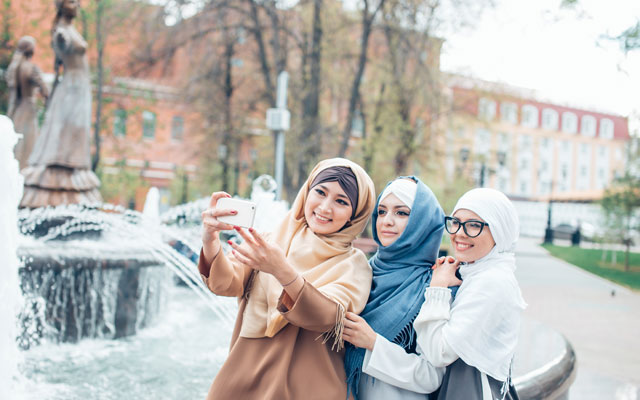
With the rise of Muslim women travelers and the interest among Muslim travelers to seek out lesser popular destinations, the growth of halal travel is not slowing down. According to Mastercard and Crescent Rating, Muslim travelers are predicted to contribute USD 300 billion to the global economy in the next decade. In the latest edition of the Mastercard-Crescent Rating Halal Travel Frontier Edition, the report discusses 16 travel trends in 2020 that will shape the next phase of halal tourism development in 2020 as follows:
1. Reframing the perspective of halal tourism for inbound markets
Destinations that have predominantly been a non-Muslim travel destination may find obstacles driving the Halal tourism or the Muslim friendly narrative. This is largely due to misunderstandings and lack of awareness among stakeholders on what Halal tourism is about. Some local communities of the destinations fear the loss of local culture and heritage if “Halal tourism” is promoted.

There is a need to reiterate to stakeholders that Halal tourism ultimately emphasizes an inclusive environment and does not refer to being Muslim-exclusive.
2. Future ready travel sector for Gen Z and Gen Alpha
Gen Z Muslims will play a key role in determining the next phase of halal travel. Service providers and destinations need to be able to cater to the needs of these travellers as Gen Z Muslims prefer travel experiences that are affordable, accessible and authentic—similar to their predecessors.

However, the needs of Gen Alpha may vary as technology is deeply embedded with them. Service providers and destinations have to take note and understand that different requirements for these two generations.
3. Umrah DIY: tech innovation and the gold rush for behavior data
With the recent technological innovations, it has played an essential role in catering to the needs of those doing Umrah on their own. Services and features such as learning about the customs, rituals and Umrah locations via 360-degree live video streams as well as receiving guided augmented tours via smartphones or sharing experiences during Umrah via highspeed connections are technological innovations that are thoroughly used and looked forward to.
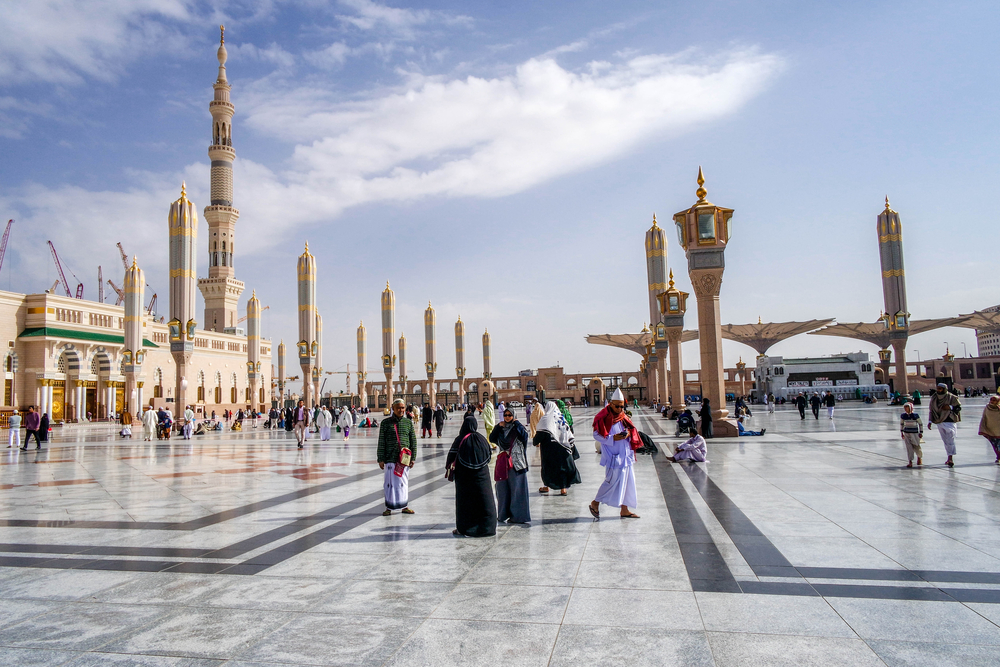
Such data can be used to improve the quality of DIY Umrah by better analyzing the behaviors and needs of travelers. Travelers can be better catered based on differences related to their country-of-origin, gender, age and even purchasing habits. Use of such data can help better personalize the Umrah experience and truly create a hospitable climate catering to the global audience.
4. Muslim business travelers as service catalysts
The meetings, incentives, conferences and exhibitions (MICE) sector have been slow to integrate and cater to the needs of Muslim business travelers. This was especially noticeable from the conference and exhibition segment as most venues did not have the basic halal food or prayer space facilities.
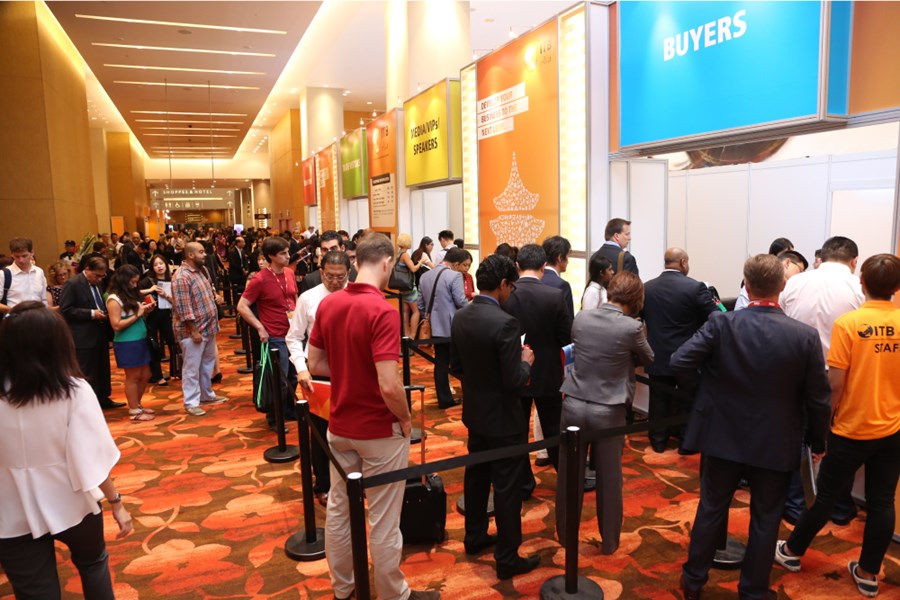
That is beginning to change now. The wave of Muslim travel influence is spreading to the MICE sector. ITB Asia 2019 had a very prominent Halal Cafe. It has had a prayer space for a few years now.
5. Diversity guiding responsible content sharing

With the emergence of unique stories by diverse groups of people, it has become more important for social media companies and governments to play an active role in policing online behavior to promote responsible diversified content sharing.
6. Towards a global travel wallet for travelers

Due to technological advancements in security features such as biometrics and facial recognition, there has been a rise in popularity of e-wallets and mobile payments among travelers. 2020 saw the worldwide movement towards virtual payment methods as more and more merchants embrace the efficient, secure and convenient solutions.
7. Multiple activities driving Muslim female travelers growth
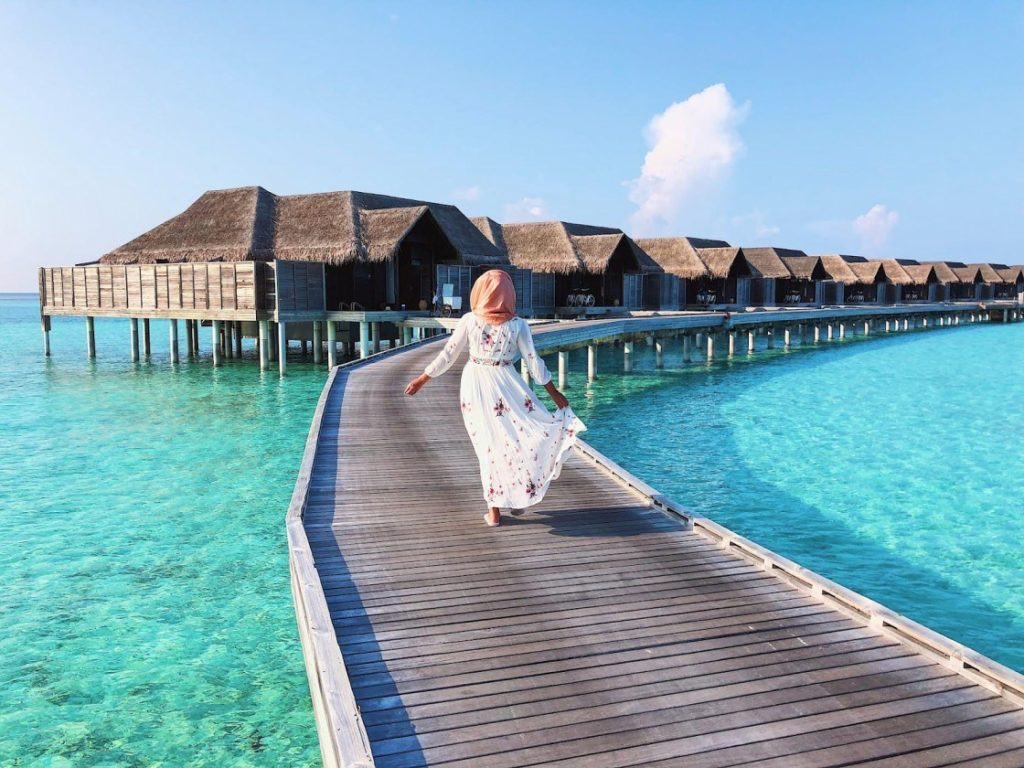
According to the MastercardCrescentRating Muslim Women in Travel (MWIT) Report 2019, Muslim women comprise 45% of the Muslim travel market. The continued growth of this segment in 2020 will lead to a greater dynamism of activities involving Muslim women travelers. In addition, there will be a surge in the variety of products and services designed to meet the unique needs of this group.
8. Sustainability as core for halal travel

Sustainability has become increasingly central to shaping consumer decisions in the tourism industry. Future travelers will look for destinations and companies that can provide quality services while being culturally respectful and eco-friendly. They will be willing to pay a premium to enjoy the comforts of their travel experience knowing that they are not compromising on the environment.
9. The ‘Ertugrul’ Phenomenon
High-quality and well-produced shows inspired by Islamic history and heritage are having the same same effects as Lord of the Rings for New Zealand, and K-Drama for Korea.

The viewers are becoming curious and want to visit these historical sites
for themselves. This is increasing the popularity of destinations in which these shows have been set in. “Sorgut”, a previously unknown town, is now a popular tourist destination.
10. Emergence of the ‘Muslim social impact travel‘ spirit
With the emergence of the global trend of social awareness and faith, this has spurred Muslim travelers to become conscious of making a social impact when they travel.

With the emergence of this travel spirit, service providers will be motivated to introduce specialized travel products and services that align with these social values that are environmentally-friendly and also beneficial for the local communities.
11. Ensuring off-track destinations are on track with Muslim travel needs
It is important to ensure less-traveled destinations are on track with Muslim travel needs as more people will prefer this over popular destinations.

This shift in consumer preferences means that these destinations have to better understand the unique needs of an increasingly diverse group of
travelers to better provide for them, including catering to the faith-based needs of Muslim travelers
12. Overcoming Islamophobia, one step a time
The geological force of Islamophobia has led to hate crimes being committed towards Muslims in some parts of the world. However, Muslim travelers may choose to visit such destination out of necessity.

The ability to obtain specific information prior to the journey and stay connected during the journey provides assurance to both current and future travelers considering such destinations. This is vital as the destinations themselves continue to provide more Muslim-friendly services to improve the overall climate for all travelers.
13. Halal gastronomy to the mainstream
As halal food becomes steadily available within more destinations, we can expect services to redesign or introduce inclusive and Muslim friendly culinary activities creating a new wave of halal-centric gastronomical experience.

Some destinations leading the way for this Halal Gastronomy landscape include Japan, South Korea, Hong Kong and Taiwan.
14. The Daud Kim effect: Amidst the digital noise, young Muslims find Daud Kim relatable
Amidst the digital noise, Muslim Millennials and Gen Z Muslims find authentic voices such as Daud Kim especially appealing and relatable.

With its effective reach and raw messaging, the Daud Kim Effect will continue to play a positive role in changing mindsets and help improve the perception of Muslims travelers around the world. This will aid in creating a Muslim friendly travel environment. In 2020, this trend of user-generated content will pick up to inspire more content creators to share their own stories and help in shaping the Muslim friendly travel environment.
15. Resurrection of lost heritage sites and Islamic history
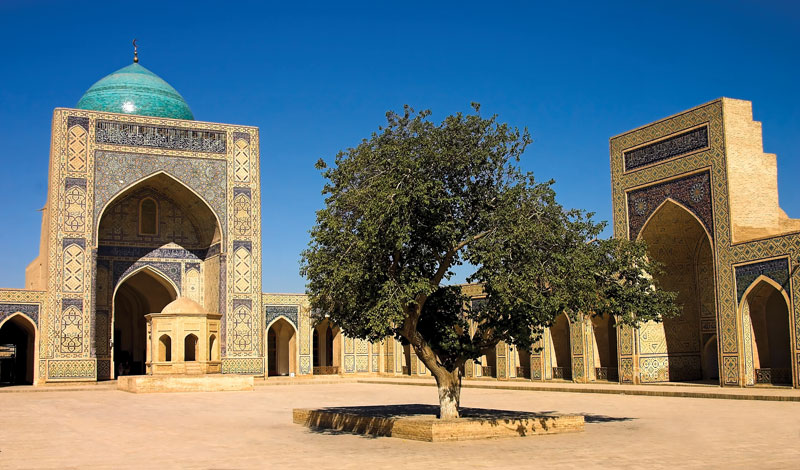
2020 will witness the resurrection lost heritage sites as more OIC (Organisation of Islamic Co-operation) destinations embrace this trend and uncover sights that may be of interest to Muslim visitors.
16. Transition point in Halal Lifestyle Events
In the last decade, there has been a marked increase in the number of Halal lifestyle events held across the globe. The improved experience of Halal lifestyle events will lead to more positive networking effects. Participants to such events will see more opportunities to form quality networks.

This positive trend is a natural, iterative progression stemming from the
volume and variety of events currently available. Despite the increasing role of digital, Halal lifestyle events will continue to play an important part for the Halal industry to regroup, rethink and rejuvenate. They represent prime opportunities for both organizational as well as professional growth.
“The trends within this report provide focus to organizations, tourism
operators and merchants looking to engage with this community and
further their businesses and communities with expert information on how
to better hone their offerings to this powerful demographic,” said Safdar Khan, markets division president, Mastercard.